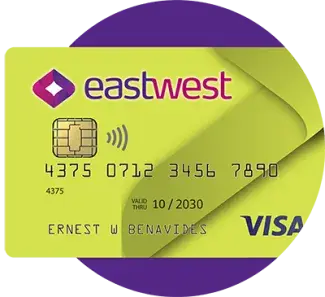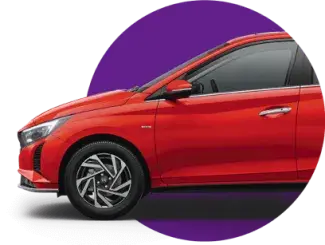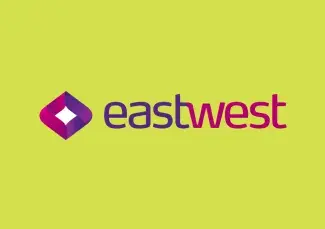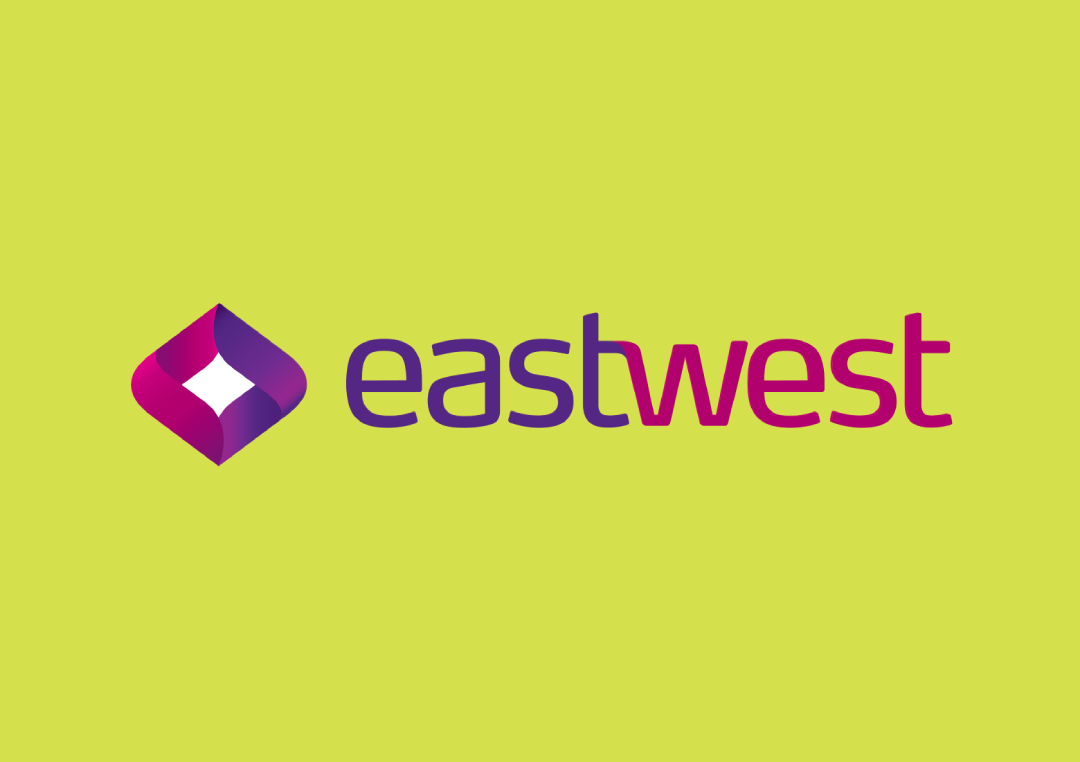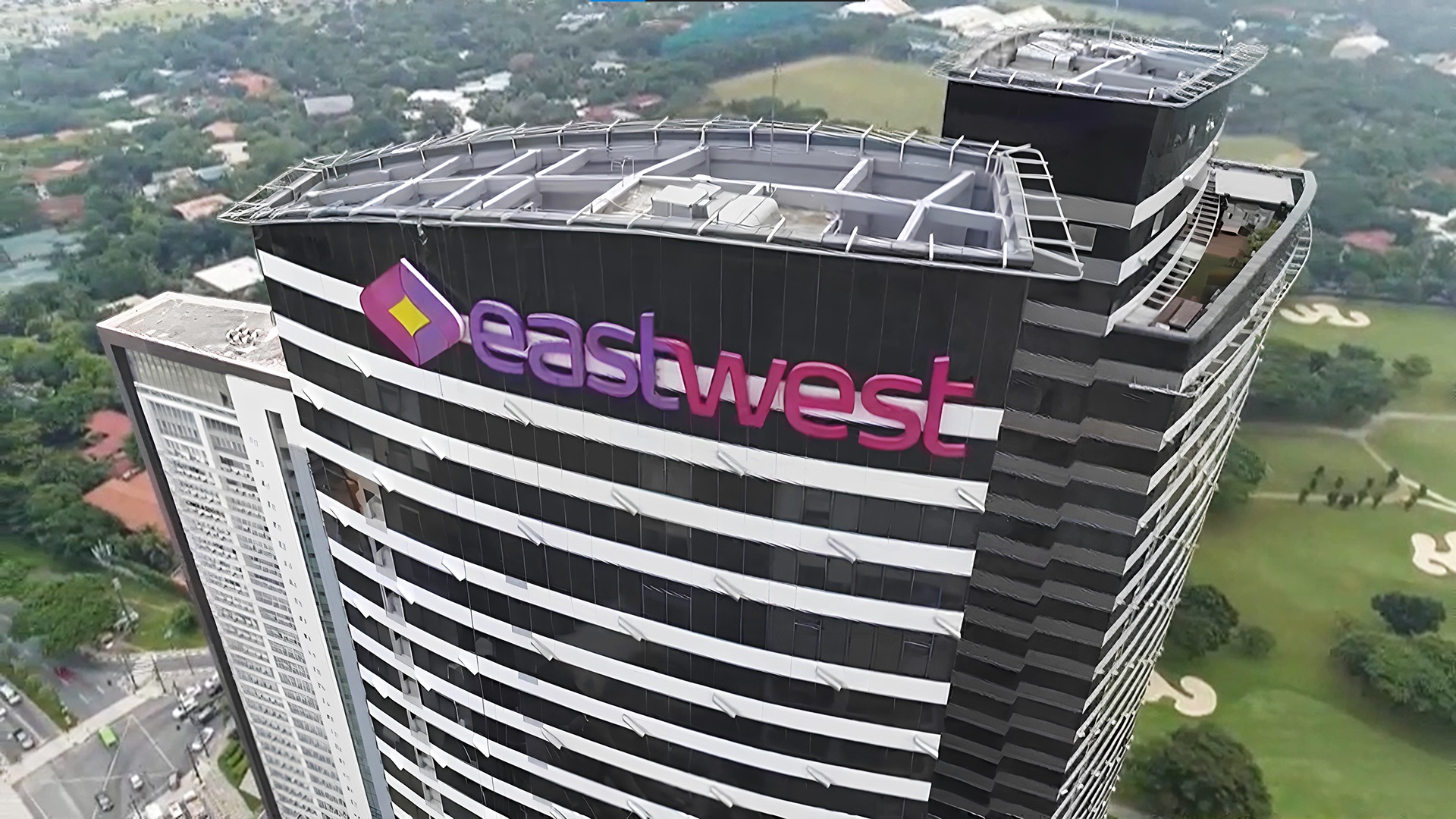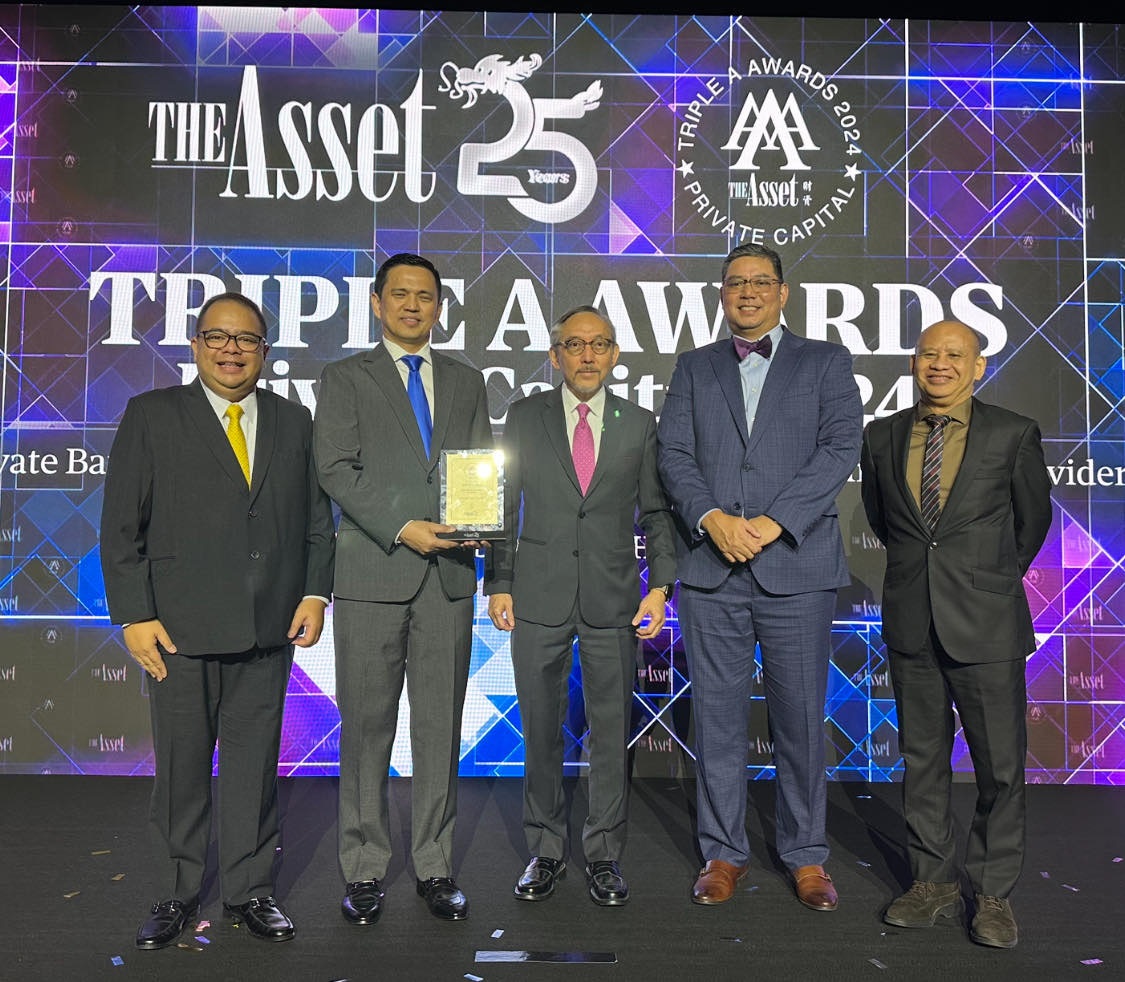Banking safety tips this holiday season
Technology makes a lot of things easy and convenient to do, like banking and shopping online or using debit, prepaid, and credit cards to pay for goods and services at merchants. Unfortunately, criminals have also adapted to the advancements in technology. Cyber fraud and scams are on the rise as electronic and mobile transactions surge.
The completion of the retail transfer solidified EastWest’s position as the fifth-largest credit card issuer in the industry today with over a million cards-in-force, and ushered in two new premium credit card variants, the EastWest Visa Platinum Credit Card and the EastWest Priority Banking Visa Infinite Credit Card. The launch of the aforementioned products is in line with EastWest’s plan to grow the affluent segment of its Credit Card business.
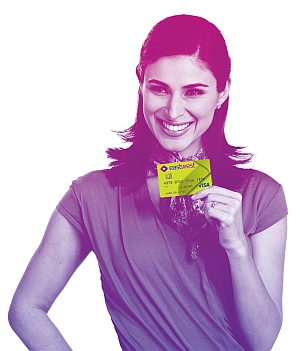
| For its part, EastWest Bank continues to strengthen its security framework to safeguard customers’ accounts and transactions. The bank’s ATM switch is already EMV compliant and all its ATMs EMV capable. |
| In compliance with the Bangko Sentral ng Pilipinas’ (BSP) mandate, the bank had adopted chip technology for better card security. EastWest began issuing EMV debit cards to its customers in May 2015. Customers who were issued pure magnetic stripe debit cards prior to May 2015 can get their replacement cards from EastWest stores starting next month. |
| Meanwhile, all EastWest Credit Cards issued are now EMV chip-enabled. |
This holiday season, EastWest reminds everyone to be alert—not just of great deals and fantastic bargains but also of fraud—to be safe and secure when using their debit, prepaid, and credit cards on the Internet, ATMs, and merchants.
“While we have numerous safeguards to provide utmost banking security, customers can also protect themselves from fraud, identity theft, and scams by taking basic precautions,” said EastWest Bank Senior Executive Vice President Gerry Susmerano, head of the Retail Banking Cluster.
Susmerano gave the following tips that can also be found in EastWest’s consumer education materials:
Security reminders
Keep your bank cards in a safe place and don’t let anyone else use them. Protect them from getting demagnetized, scratched or bent. Choose a Personal Identification Number (PIN) that other people will find hard to guess – definitely not your birthday or “123456”. Memorize your PIN, change it from time to time, and most importantly, never disclose it to anyone.
Just like your PIN, you should keep your online banking password a secret. Create a strong password with at least eight characters composed of alphanumeric characters and combining lower and upper case letters. Change your password from time to time and don’t share it on the phone, via text or by email. Remember that no one should ask for your password or PIN, including your bank.
Set the purchase and withdrawal limits of your Debit and Prepaid cards to give you greater control over your spending and reduce the risk of fraud. Review your account statements carefully for unfamiliar transactions, or better yet, sign up for EastWest Online to get secure online access to your EastWest account anytime, anywhere.
Always update your computer’s anti-virus and anti-spyware software and firewall. Change the default name of your wireless home router and protect it with a strong password, turning off “remote management” features, if any. Avoid using public Wi-Fi connection for financial transactions, such as online banking and online shopping.
Shopping tips
Protect yourself from fraud when you use your debit, prepaid, or credit card to shop. Sign the back of your cards and watch over your card when you hand it to the cashier. For contactless credit cards, you don't have to give your card to the cashier, sign a receipt or enter a PIN for small purchases – just tap your card to the Visa payWave reader and go.
For debit and prepaid cards, check the amount on the POS terminal screen to make sure that your account will be debited for the correct amount, or, in case of credit cards, check the charge slip before signing it. For POS transactions, be the one to key-in your PIN and cover your hand when you do so. Get your card and the validated transaction slip and again check if the purchase and debited amounts match. Re-verify transactions by reviewing your monthly statements.
When shopping online, ensure that the website you’re shopping from is secure. At the start of the URL, check if it says “https”. This means the site is encrypted for security. Look for other signs that signal the level of security: a lock icon (padlock), which appears in the browser address window, should be closed rather than open. A green lock icon means that the website has implemented the extended validation security feature. Don’t provide payment information through email. If a merchant requires you to do so, find another merchant that transacts using encrypted technologies.
ATM pointers
Likewise, take safety precautions to minimize the chances of having your card, card details, or cash stolen when you use an ATM. Avoid using an ATM in suspicious locations or areas with poor lighting. Look around and be alert, especially in areas unfamiliar to you.
Before using an ATM, check for anything suspicious like wobbly keypad, card slot or cash dispenser as these suggest that there might be a device illegally installed in the machine. Also check for tiny cameras that may be installed on the underside of a PIN pad cover. These may either capture your PIN or the information stored in your card’s magnetic strip. Stolen information is used to make unauthorized transactions, create counterfeit cards, or empty your account funds through ATM withdrawal.
Plan your transaction ahead to minimize your time at an ATM. Never accept help from a stranger. Cover your hand as you enter your PIN on the keypad. Once your transaction is completed, immediately leave the area.
Also important, in case of lost or stolen cards and unauthorized transactions, immediately call the EastWest Customer Service Hotline 888-1700 so that the bank can immediately act on the matter.
Check out https://ewb.azurewebsites.net/supportandsecurity to know more about banking security.


